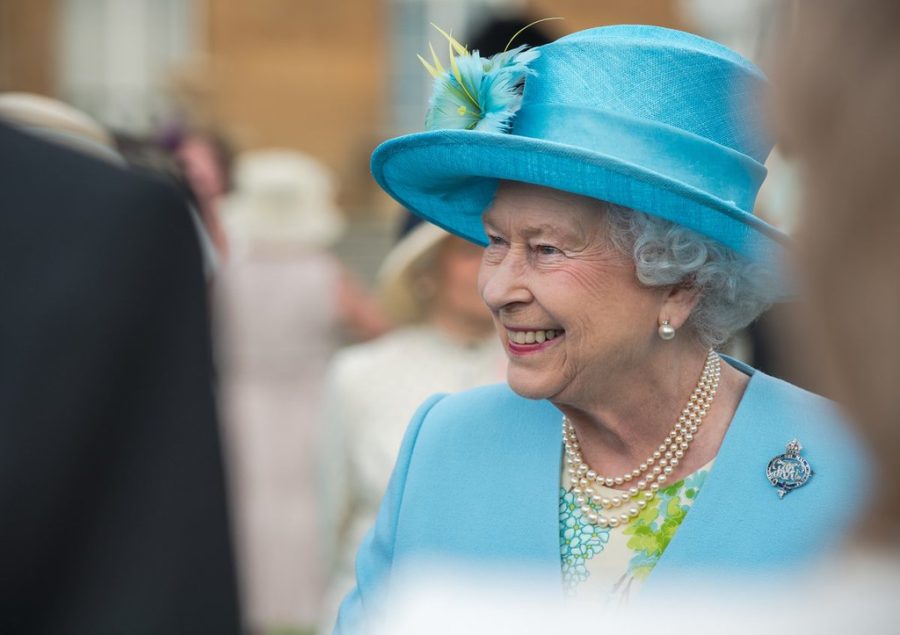Queen Elizabeth II dies at age 96
Her Majesty Queen Elizabeth II passed away today at the age of 96.
Sep 8, 2022
It was announced today that Queen Elizabeth II, the longest-reigning monarch in the history of Great Britain, passed away today at the age of 96. Her death marks the end of a 70-year-long reign, one of the longest in all of history.
The Royal Family put out a rather condensed statement as the news broke around 1:40 p.m., simply stating, “The Queen died peacefully at Balmoral this afternoon.”
The Queen, whose health had reportedly taken a turn for the worse after missing a virtual council meeting the day before, was taken to Balmoral Castle in order to be placed under medical supervision. It was also reported that all of the Queen’s children, along with Princes William and the estranged Harry, made their way to Balmoral. A follow-up statement including the phrasing “she is comfortable”, hinting at her passing, was released early this morning before the official announcement of her death.
The official cause of death is currently unknown. Her eldest son, Charles, Prince of Wales, is expected to inherit the throne in the coming weeks.
Many Brits began mourning in reaction to the news, expressing their sympathies on social media. Her Majesty’s passing is also expected to put into motion the long-established protocol for when a monarch dies, something Great Britain hasn’t faced in 65 years. A twelve-day-long mourning process will take place across the country and her body will be transported back to London for her final resting place.
Sydnie Oakleaf ‘25, a political science major, gave her reaction to the news. “I’m surprised by how quickly she died after the media got wind of her condition,” she explained. “[But what] I’m concerned about is where the Royal Family is going. Like, I hate Charles.”
When asked about any possible political ramifications of the Queen’s passing, Andreas Sobisch, chair of the Political Science department at John Carroll, responded, “The impact on politics, both foreign and domestic, of the British monarch is marginal. She has no real political power, and minimal discretion when fulfilling her official duties.
“Her impact is primarily symbolic – she lends dignity, compassion, and elegance to her role as head of state. She represents, in a way, the soul of the nation: historical memory, strength of institutions, longevity. She will be missed. But her son will be able to fulfill that same role – if perhaps not with quite the same elegance and style as his mother had done for all these years.”














